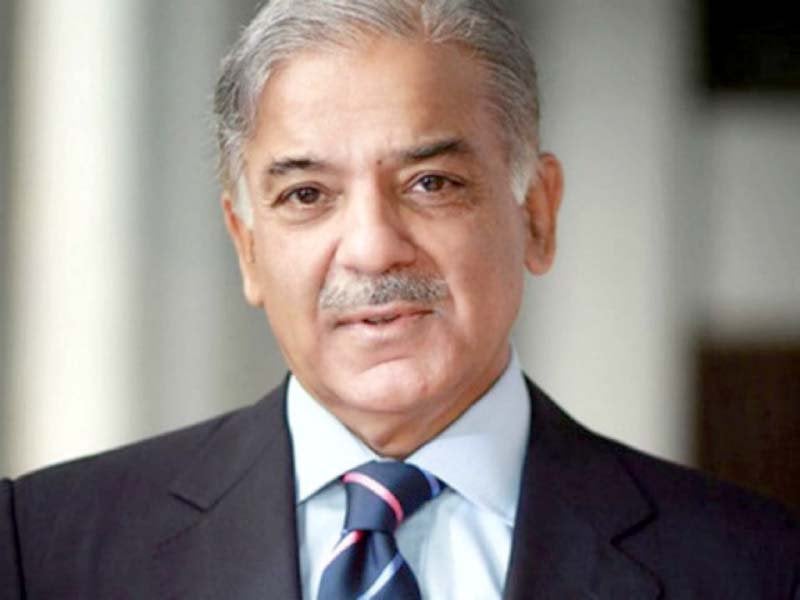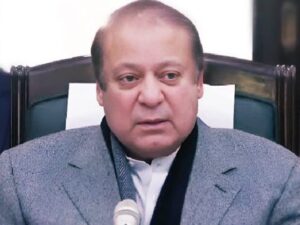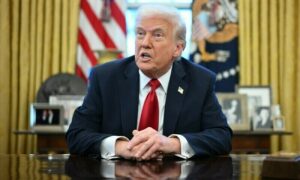ISLAMABAD:
The government on Wednesday announced a 44 per cent decrease in the electricity tariff for the charging stations from Rs71 per unit to Rs39.70 per unit to provide relief to consumers.
Along with the tariff cut, regulations for establishing the EV charging stations and battery swapping points have also been implemented, according to an official gazette notification. These regulations have been introduced under the Power Division’s National Energy Conservation Authority (NECA).
The reduction in per-unit electricity rates for the charging stations will allow up to threefold savings in the travel costs compared to petrol and other fuels. This will likely result in a significant reduction in fares.
Additionally, reduced reliance on petrol and other fuels will save substantial foreign exchange. It is estimated that there are currently 10 million motorcycles in the country, consuming $6 billion annually on fuel.
Converting these motorcycles to electric technology, which costs an average of Rs 50,000, will enable a return on investment within three to four months while saving billions of dollars in foreign exchange.
Similarly, the use of electric technology in three-wheeler rickshaws is expected to significantly reduce urban travel costs, leading to lower fares and helping curb harmful emissions – and thereby addressing air pollution.
The reduction in travel costs will also positively impact urban goods transportation, potentially reducing the prices of essential commodities.
Propitious step
Prime Minister Shehbaz Sharif hailed the drastic reduction of Rs30 per unit in power tariff for the EVs as a propitious step for the sector to boost the emission-less and eco-friendly vehicles in the country.
The prime minister, chairing a meeting to discuss the promotion of Electric Vehicle Policy, appreciated Power Minister Awais Ahmed Leghari and his team for working out a convincing proposal to facilitate the EV manufacturers in rolling out subsidieed charge-based automobiles in the country.
“They (power minister and his team) have drastically reduced the tariff in this sector from Rs70 to Rs40 per unit. It will encourage the investors and industry partners to tap more investments into the EVs sector,” he said.
He pointed out that the country was facing effects of air pollution and climate change. “EVs are the right step to address air pollution that needs to be scaled up to contain climate change as it will help reduce air pollution, the massive import bill of fuels and preserve the pristine environment,” Shehbaz said.
During the meeting, officials from the Power Division briefed the forum on the new policy. The policy aims to decrease the country’s dependence on fossil fuels, saving substantial foreign exchange, reduce harmful emissions, thereby mitigating air pollution, open new avenues for profitable businesses and attract local and foreign investments and create numerous employment opportunities, boosting the national economy.











